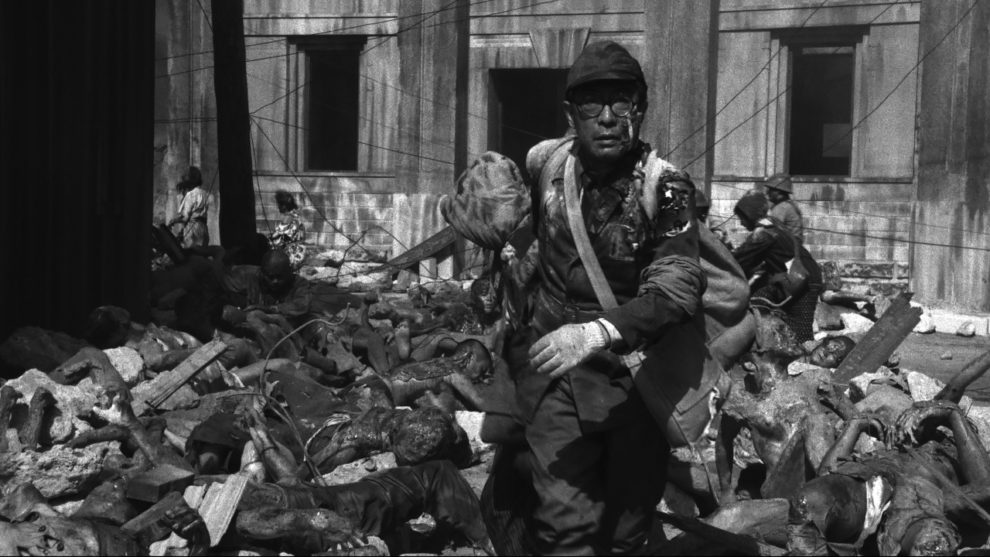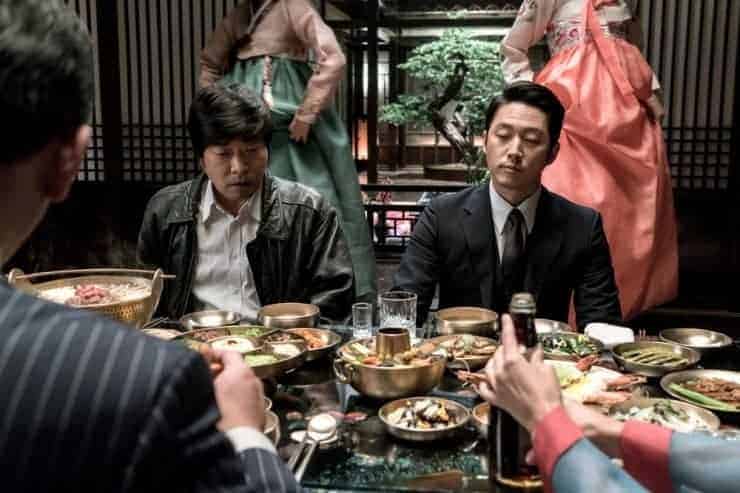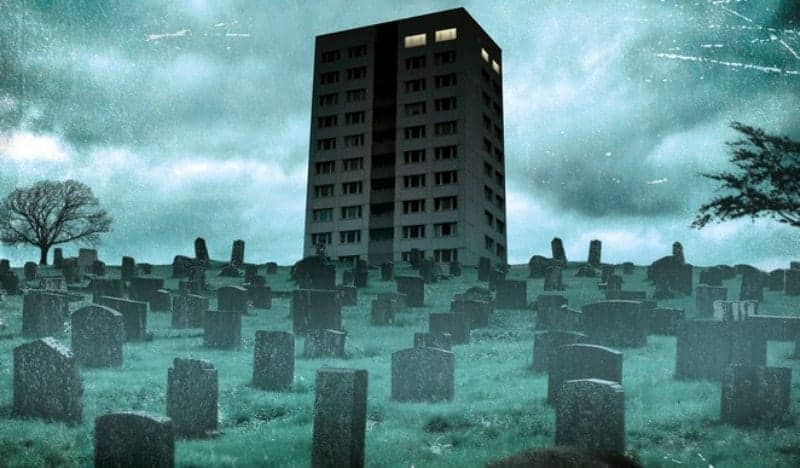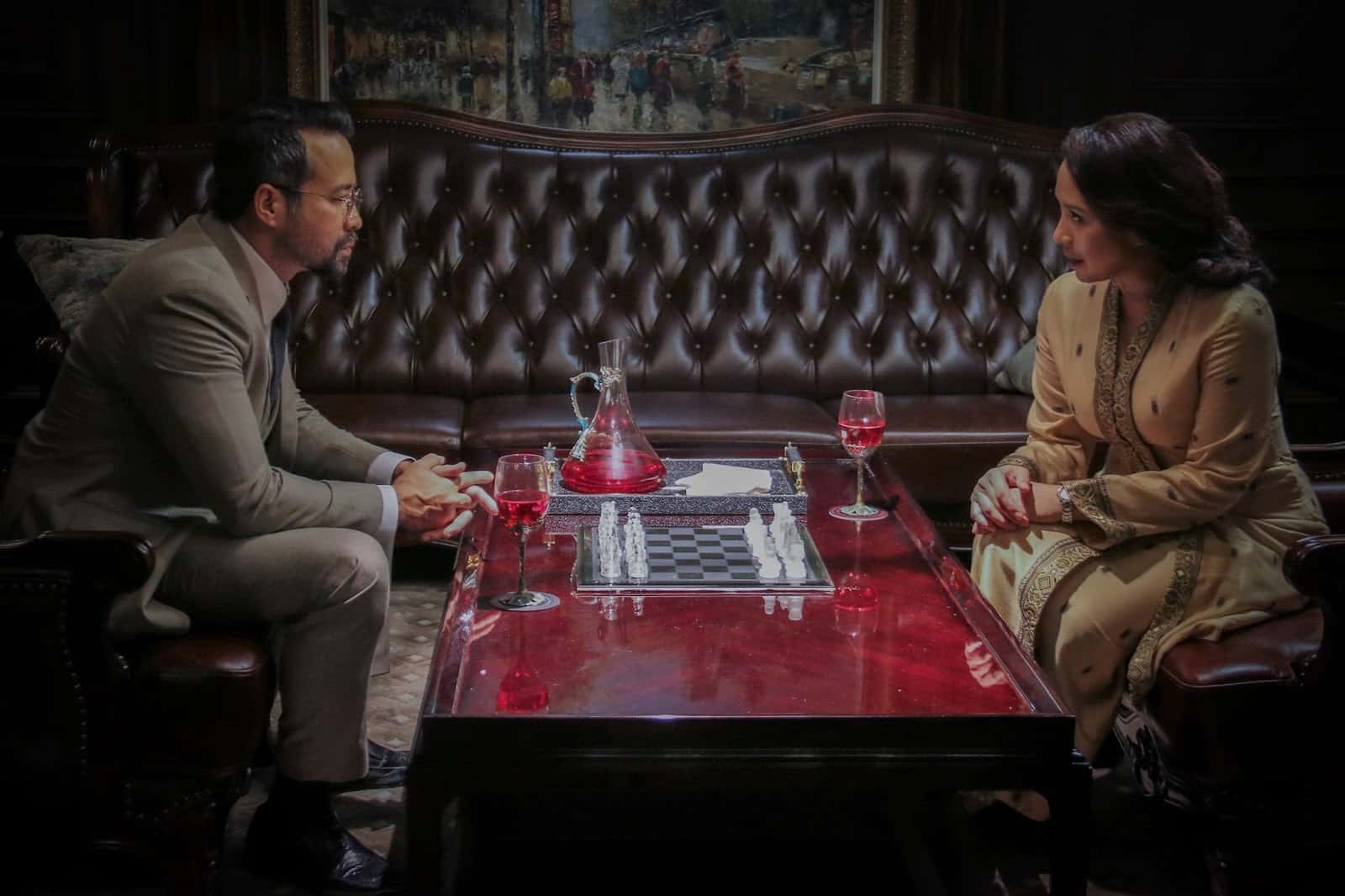Although his last feature “Zegen” was not quite the success production company Toei had hoped for, they, nevertheless, wanted to continue their collaboration with renowned director Shohei Imamura and gave him the opportunity to tell a story he had been thinking about for quite some time. Based on Masuji Ibuse's novel of the same name, the project “Black Rain” was set in Japan in the aftermath of the atomic bombing of Hiroshima and Nagasaki. It is a work which cinephiles, critics and film scholars alike often regard as an exception to Imamura's work in the 1980s, as it bears more similarities to the features he directed in the 1960s given its radical imagery, tone and themes. At the same time, “Black Rain” follows Imamura's concept of the period piece as a tale set in the past but which has a striking significance for the present, and even for the future, following William Faulkner's famous saying of the past never truly being past. “Black Rain” tells the story of the survivors, the way the bombings shaped their lives, but also touches upon the idea of purity and time within the Japanese.
Buy This Title
In 1945, on the day of the bombing, Shizuma Shigematsu (Kazuo Kitamura) is on his way to work while his niece Yasuko (Yoshiko Tanaka) is far away running some errands, when suddenly the bomb hits Hiroshima. While Shizuma and his wife Shigeko (Etsuko Ichihara) witness the flash of the bomb, Yasuko sees the mushroom cloud and is covered by the black rain after the detonation. Years later, the three of them have made a new home in the village of Kobatake, together with other hibakushas, other survivors of the bombings, and Shizuma and Shigeko have become legal guardians to Yasuko. While daily life is simple and follows a certain routine, the couple is worried about Yasuko, who is 25 and has not found a husband yet, despite their efforts at matchmaking and offering a plethora of securities to assure her niece does not suffer from radiation sickness.
As time goes by, the issue of Yasuko still being single remains the only major concern in the household, with some suitors raising their hopes, which are quickly destroyed when the family hears about their status as bomb survivors. However, time is running out for Shizuma and Shigeko, because they are showing first signs of the long term effects of radiation, and Yasuko, who has been hearing this allegation all her life, now also believes she will get sick eventually and finds solace in the thought of spending her remaining time with her uncle and aunt.
In case you are the owner of the newly released boxset by Arrow Academy and have watched “Zegen” and “The Ballad of Narayama” before this one, you will probably agree with many authors noting the distinct difference between these features and “Black Rain”. This observation has very little to do with the black-and-white aesthetics of the latter, but more so with the metaphorical nature of the former two movies. Even though it takes some knowledge of either Japanese history of the 20th century or of Imamura's previous work to figure out the meaning behind the period piece-framework, this layer seems to have vanished when you arrive at “Black Rain”. With regard to the drastic imagery and overall grim nature of the opening minutes alone, it becomes abundantly clear that this is not only a very different project for the filmmaker, but also one which confronts the viewer with the violence and the cruelty of war as well as the pointlessness, as many characters contemplate throughout the course of the story. For the characters and their home country, the bombings represent a cruel incision, biographically, politically and socially, but when it comes to dealing with the aftermath we will find out how the perspective begins to deviate.
Imamura's cinema, specifically “Black Rain”, has often been compared to the way Yasujiro Ozu, for example, uses the framework of the family drama to talk about developments in Japanese society. In a way, the three main characters, as well as the community of villagers may be considered a cross section of Japanese society with regard to the concept of family, of the nation and the overall idea of purity which becomes increasingly important within the narrative. As one character points out “health over beauty” with regard to Yasuko's inability to find a husband, is paralleled with tendencies to dissociate yourself from those considered impure, of having been too close to the flash of the atomic bomb, much like Japan's attempt to distance itself from nuclear energy as a means to re-purify the nation. Given the references to other historical events, such as the land reforms or the suicide squads, the idea of purification by dissociating the nation from those affected by it seems to be a disturbing constant in Japanese history and society.
In the end, “Black Rain” is a pessimistic outlook on Japanese society and the nation as a whole, a blend of family drama and period piece which highlights rather problematic tendencies within the director's home country. Shohei Imamura, as with his other features, proves himself as one of the sharpest and provocative observers of his home country, its politics, its history and its people.
















